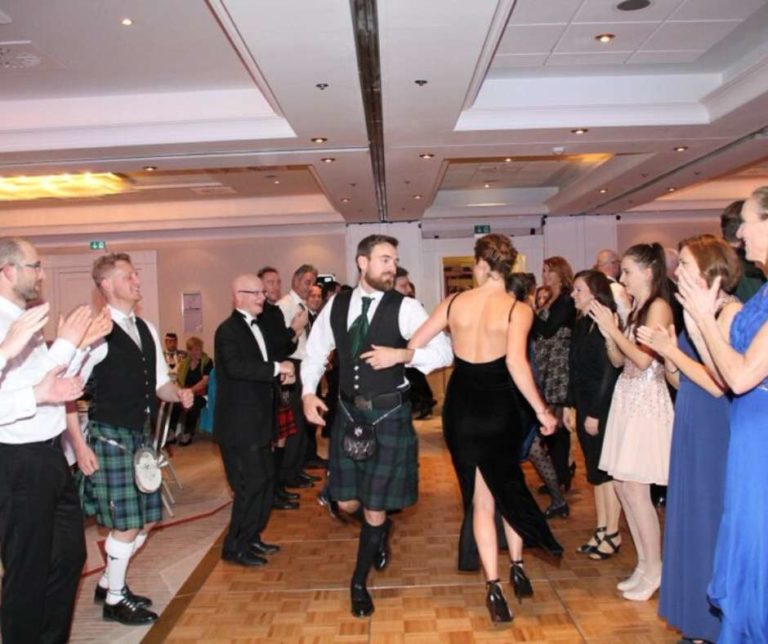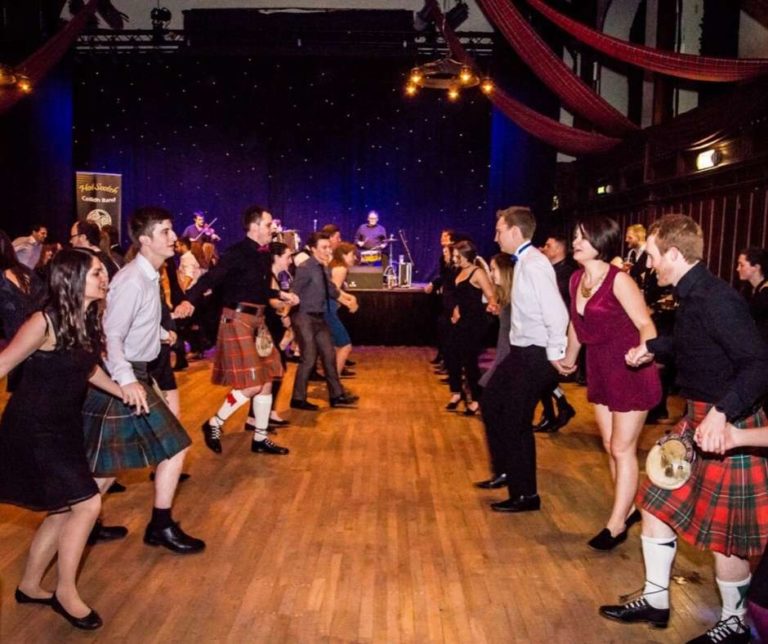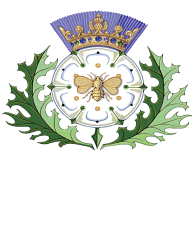TIPS & TRICKS
The White Rose Guild have put together these tips and tricks information to guide you in preparation for your trip to Scotland.
Emergency
If you find yourself in an emergency, during your visit to the UK, you can call the police, the ambulance service, the fire brigade, or the coastguard, by dialling 999.
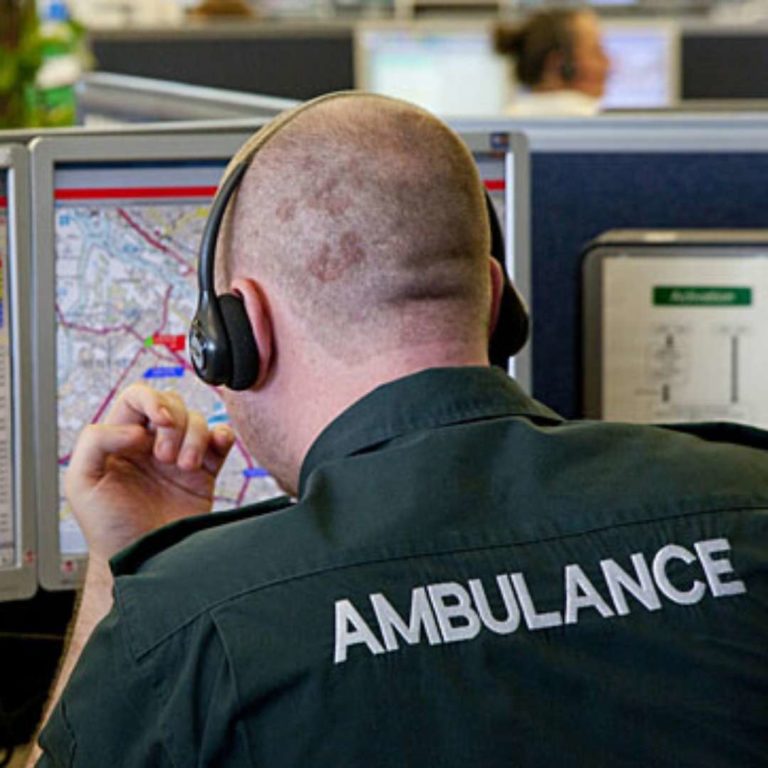
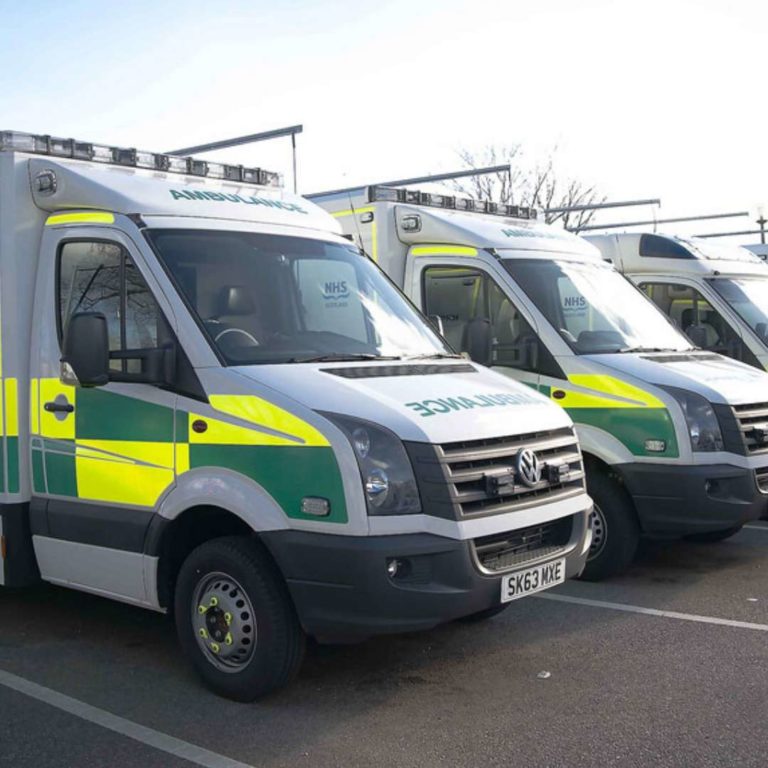
Scottish Weather
To prepare for the weather in Scotland is to be ready for anything and pack for all seasons. Even if you plan to visit in late summer, it is still recommended to bring extra layers of clothing. Always bring warm and waterproof clothes, as Scotland is renowned for its temperamental weather. You may experience rain, fog and wind at any time of day.
A windproof rain jacket is recommended for the prevailing winds in the Highlands. Weather in Scotland can change very quickly, and there is a saying that in Scotland you can experience all four seasons in one day.
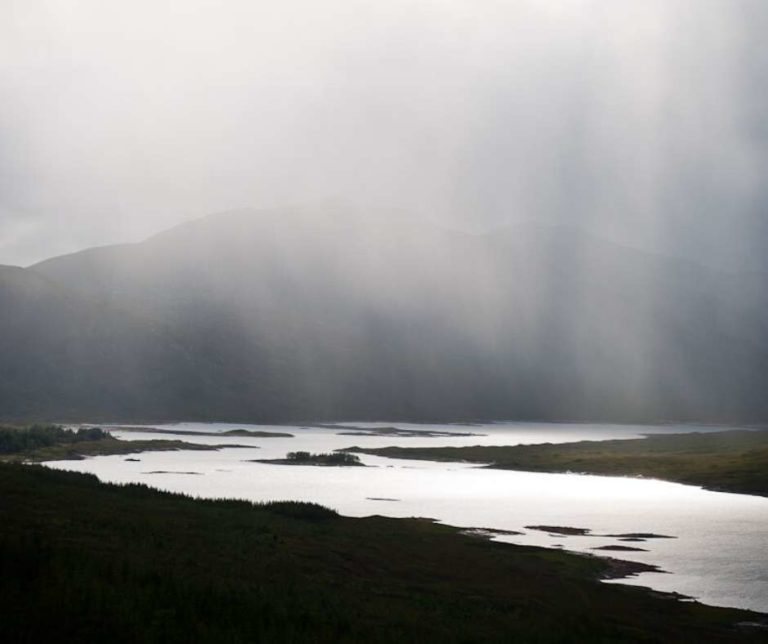
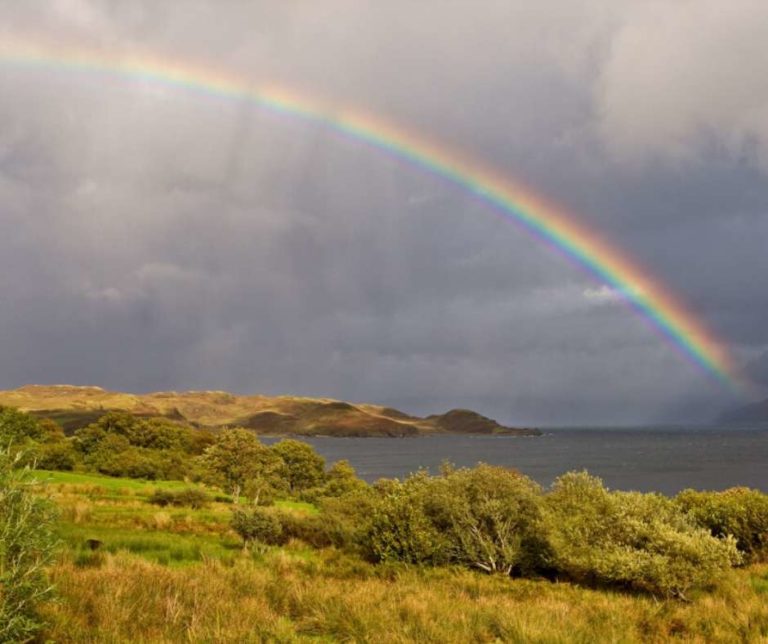
Scottish Money
In Scotland, you will encounter different notes to those you may see in England, with each bank issuing their own designs, often featuring iconic Scottish scenes or people. These designs change frequently. These notes are still classed as UK Sterling and are classed as legal tender.
The notes you are most likely to encounter are the £5 (pound Sterling), £10 and £20. There are also £50, but these are harder to use, especially in rural areas. Coins come in 1p (pence), 2p, 5p, 10p, 20p and £1 and £2.


Scottish Midges
In summer when the wind drops below 5mph, and the sun is hidden behind clouds, these tiny biting flies may appear as if by dark magic. Fortunately, they do not enter buildings, but if you are caught outside unprepared, they can be a real nuisance. Various repellents are available; some work for some people, others work for others. A local traditional herb, bog myrtle, is said to help ward the midge off or, if things are particularly bad, a head net may be needed.
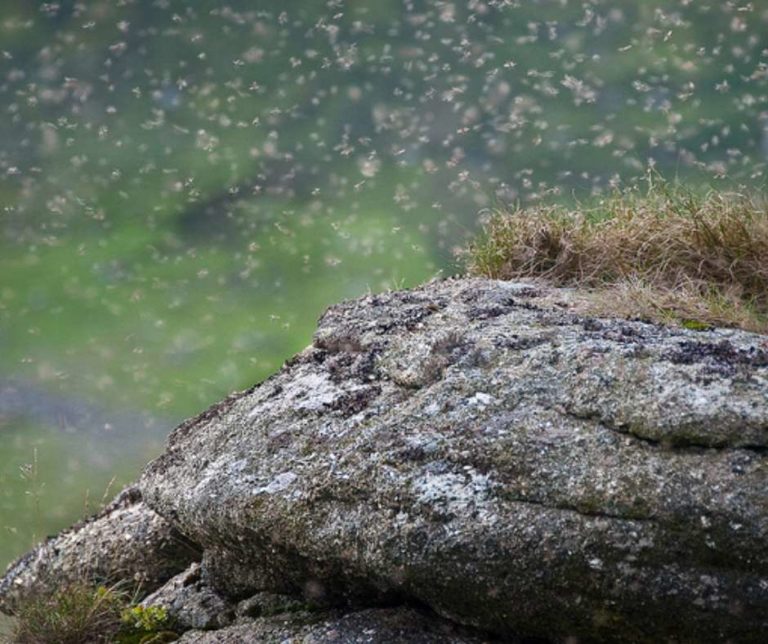
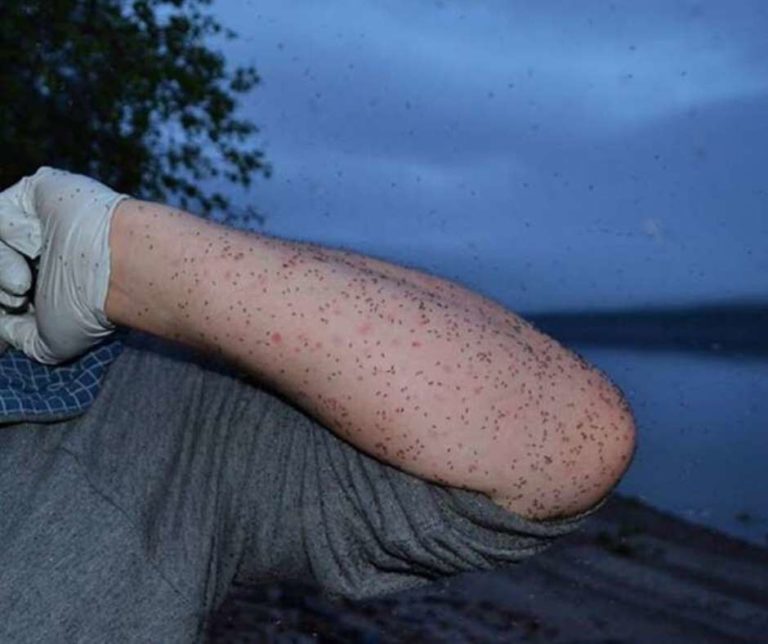
Scottish Wildlife
Your trip to Scotland may include the unique opportunity to view the splendid wildlife from dolphins, sharks, whales and red squirrels to pine marten and even wild boar, since they were reintroduced into the wild. In most cases, these encounters will be safe but it’s worth pointing out that deer in particular, can be unpredictable at times.
When deer are near roads, they can often leap across in front of you if panicked and during the mating season in October, the stags can sometimes be aggressive. Therefore, it is best to keep a safe distance and use common sense.
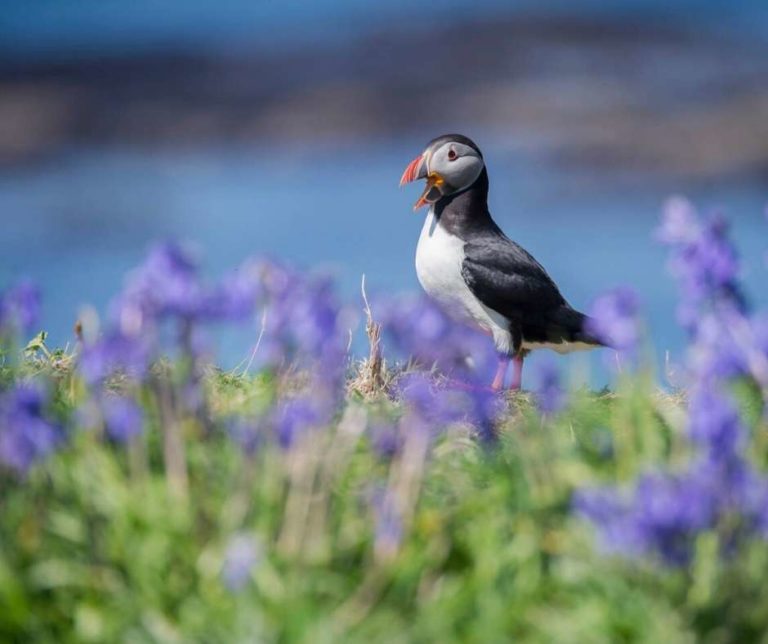
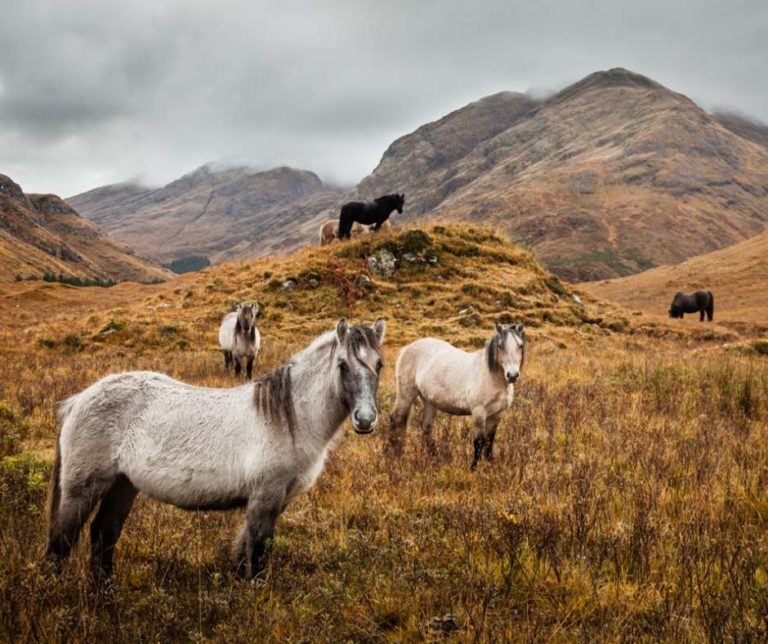
The Sabbath
It is wise to plan your Sundays in advance, particularly if you are in areas that still observe the Sabbath in Scotland. In particular, the western isles of Lewis and Harris adhere to rules where no Sunday papers are distributed, as many people do not work on this day and nearly all shops are closed. Hotels and bars are usually open, but the bars usually operate reduced hours.

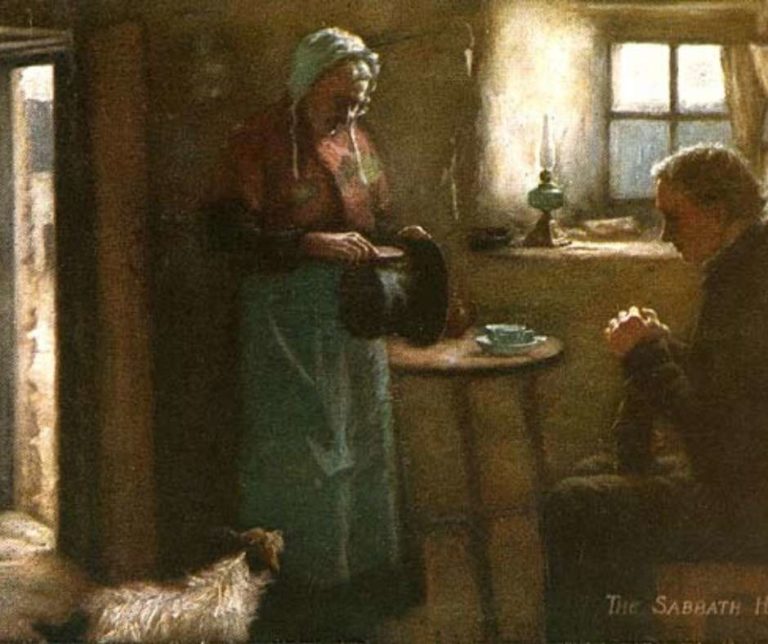
Say hello to the locals
In rural areas of Scotland, you may not see someone for a short while as you trek across the land. Therefore, when you do walk past someone, it is considered rude not to say hello or acknowledge their presence. A simple “hello, how are you?” or a simple “Aye’.
It is recommended to strike up conversations with locals too as you might glean some knowledge from them to improve your experience further. Scots are generally reserved and quiet at first, but once they get to know you, they open up. This is especially true when the whisky is flowing and the ceilidh music playing.


Scottish Ceilidhs
Originally the word Ceilidh (kay-lee) descended from the Gaelic word for ‘gathering’ or ‘party’… However, these days when people think of a Ceilidh, they think of a fun-filled night of wild dancing, good music and great company! A ceilidh is a Scottish social event which involves traditional folk music and dancing. You will generally come across ceilidhs on special occasions such as weddings, birthdays and anniversaries.
